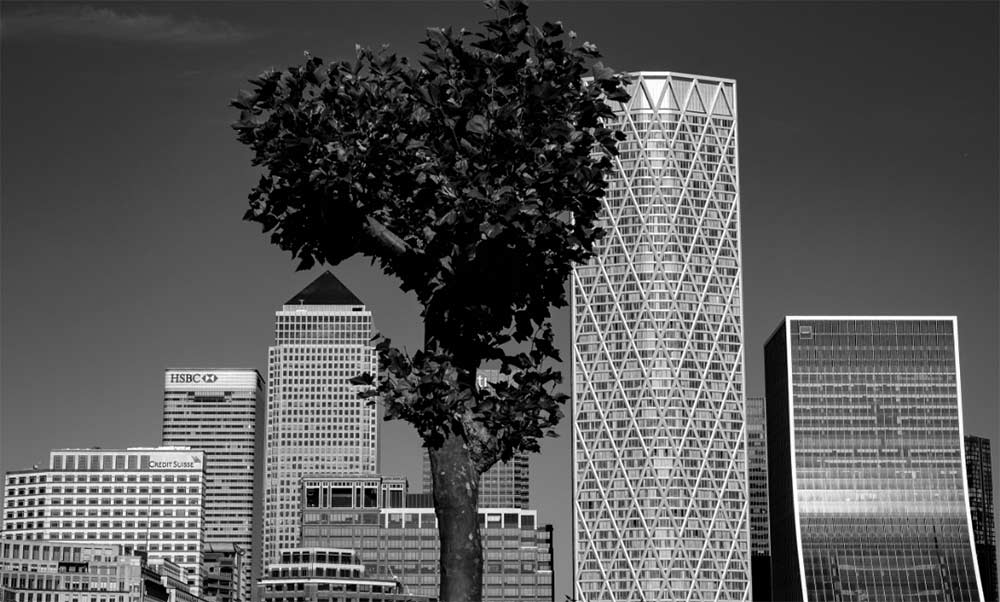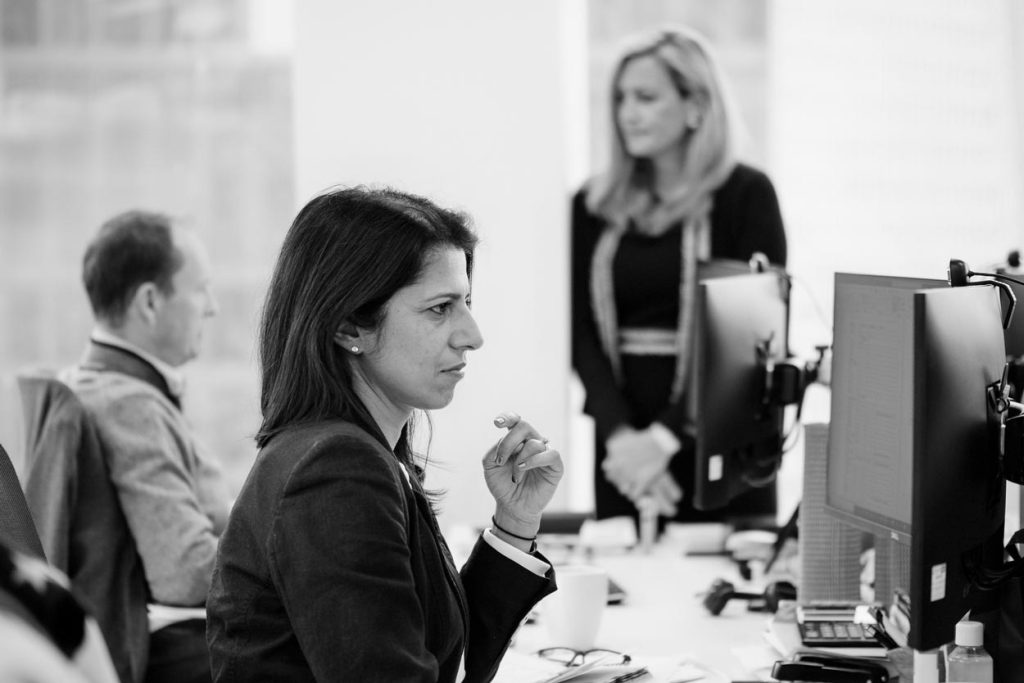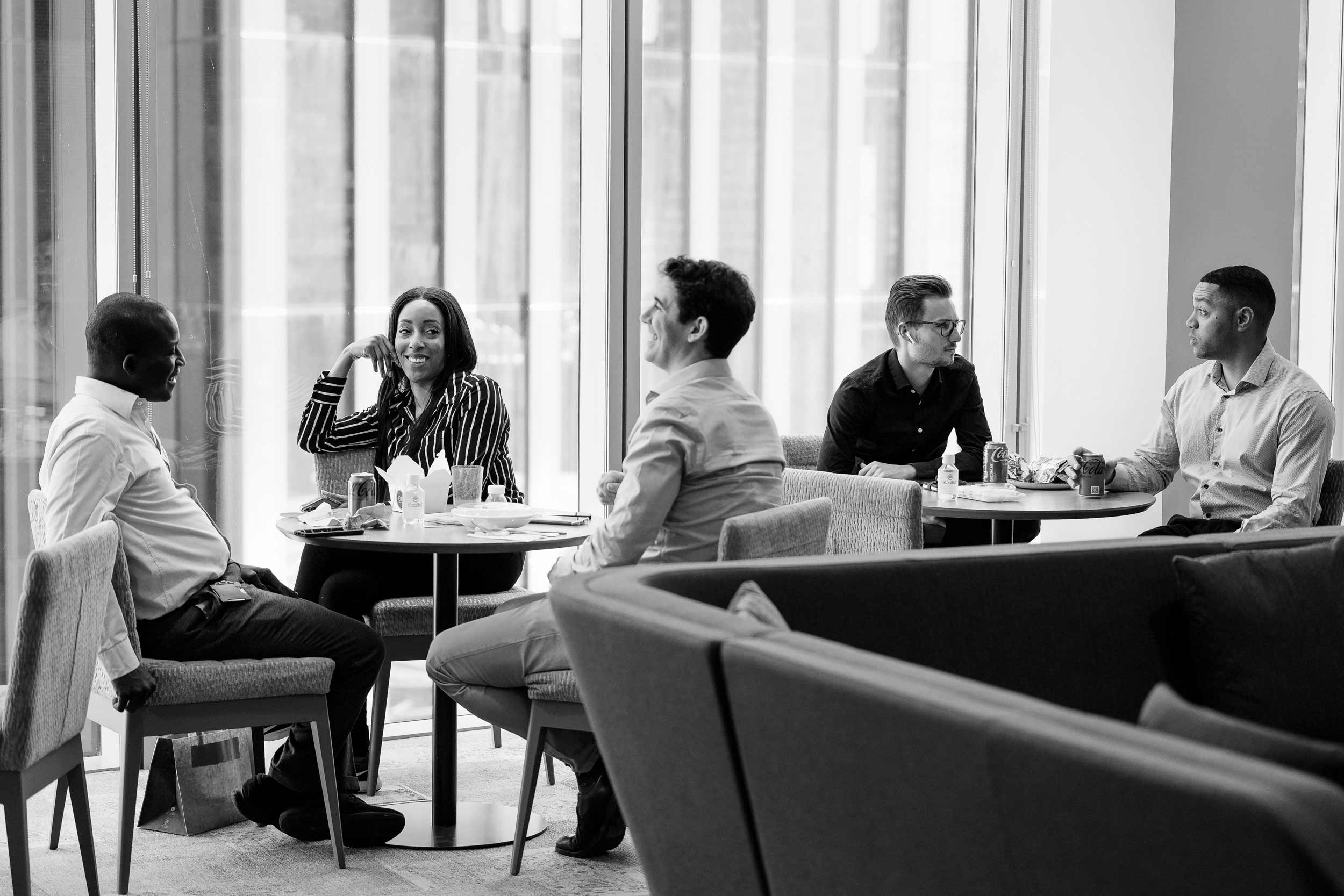Although credit and political risk insurance represents much of our business at BPL Global, we also have long specialised in securing political violence (PV) cover for our clients across the world. We spoke to our London-based Political Violence Practice Lead, Zoe Towndrow, to find out more about her and how her role has developed over her time at BPL Global.
-
Zoe, let’s start at the beginning. How did you start your career in insurance – and how did you end up at BPL Global?
I would describe myself as a BPL Global “lifer”, having joined pretty much straight out of university after a brief stint at an underwriting firm. I was drawn to insurance because it was (and still is) a relationship-driven business, involving lots of direct interaction and dialogue with clients and insurers. Also, having studied Modern Languages, I wanted a job where I could use my French. Although a small company at the time, BPL Global offered me just that. While I wouldn’t have guessed it back then, I’m still here 24 years later – I often think that if I were a stick of rock and you sliced me in half, I’d have the word “BPL” written right through the core.
-
And what led you to specialise in political violence?
When I first started, I trained in classic Contract Frustration and Investment Insurance for corporate clients, which was BPL Global’s “bread and butter” in those days. Then one day, by chance, I was asked to look after a terrorism placement which was the only one of its kind within BPL Global at that time. I became intrigued by the subject and wanted to learn more about terrorism and war risks (both the coverages and exclusions). I started to appreciate both the synergies and differences between the Political Risk and PV markets as I grew my PV book. Although these two markets exist in their own distinctly different silos, I believe there is a lot that each market can teach the other one, so it’s really advantageous to have a grounding in both.
-
What does the design-side of the business involve?
At BPL Global we design bespoke PV programmes for both corporates and cedants, providing all-important “peace of mind” for clients operating in emerging markets. All clients are different, but I always start with two simple things: a blank piece of paper and a lot of listening. I specialise in unique risks which demand a highly-tailored solution. If a client comes to me wanting a political violence programme, the first thing to do is look at their existing “All Risks” property insurance and specifically the war risks exclusions. It is essential that any PV programme dovetails perfectly with the “All Risks” cover, which is why we never use standard “off-the-peg” wordings. Sometimes we even write wordings entirely by hand – especially where there are local interpretations of coverage or insurance regulations which need to be properly addressed.
-
What would you say has been the highlight of your career?
There have been many – and sometimes it’s the small things that you remember. For instance, over the past few years I’ve been developing business in Turkey. I have completely fallen in love with the country, the people, the culture and I’ve even learnt some of the language. I remember walking into a meeting and speaking in Turkish for the first time… I had tears, hugs – you name it! For someone that takes great pleasure in building close relationships with clients, that was definitely a personal highlight.
-
Are you working on anything at the moment that you’re particularly excited about?
Right now, I’m enthused by the idea of driving real change in relatively untouched areas of the political violence market. While there has been a lot of innovation in recent years, much of this has been insurer-driven and has focused on terrorism and other isolated incidents, such as malicious acts. Business interruption where there’s been no property damage is also an area that has been developed.
However, the area of war and its impact on insureds across all sectors is one which is crying out for innovation and development in market wordings. After all, anything can happen during a war – it’s not just all about physical damage, but also loss of property and/or territory.
Let’s imagine, for instance, that your asset – say, a building – gets damaged, but at the same time, the land on which it sits is swallowed up into enemy territory which means you can’t get to it. From a coverage point of view, which came first – the damage or the loss of territory? Or did they both happen at the same time? The truth is that everything happens at once, so, what I’m interested in is developing coverages which reflect the realities of an actual “boots-on-the-ground” combat situation.
-
Zoe, you’ve been at BPL Global a long time – how would you sum it up in three words?
I would say: family, opportunity and innovation.
Right now, I’m enthused by the idea of driving real change in relatively untouched areas of the political violence market. The area of war and its impact on insureds across all sectors is one which is crying out for innovation and development in market wordings.




